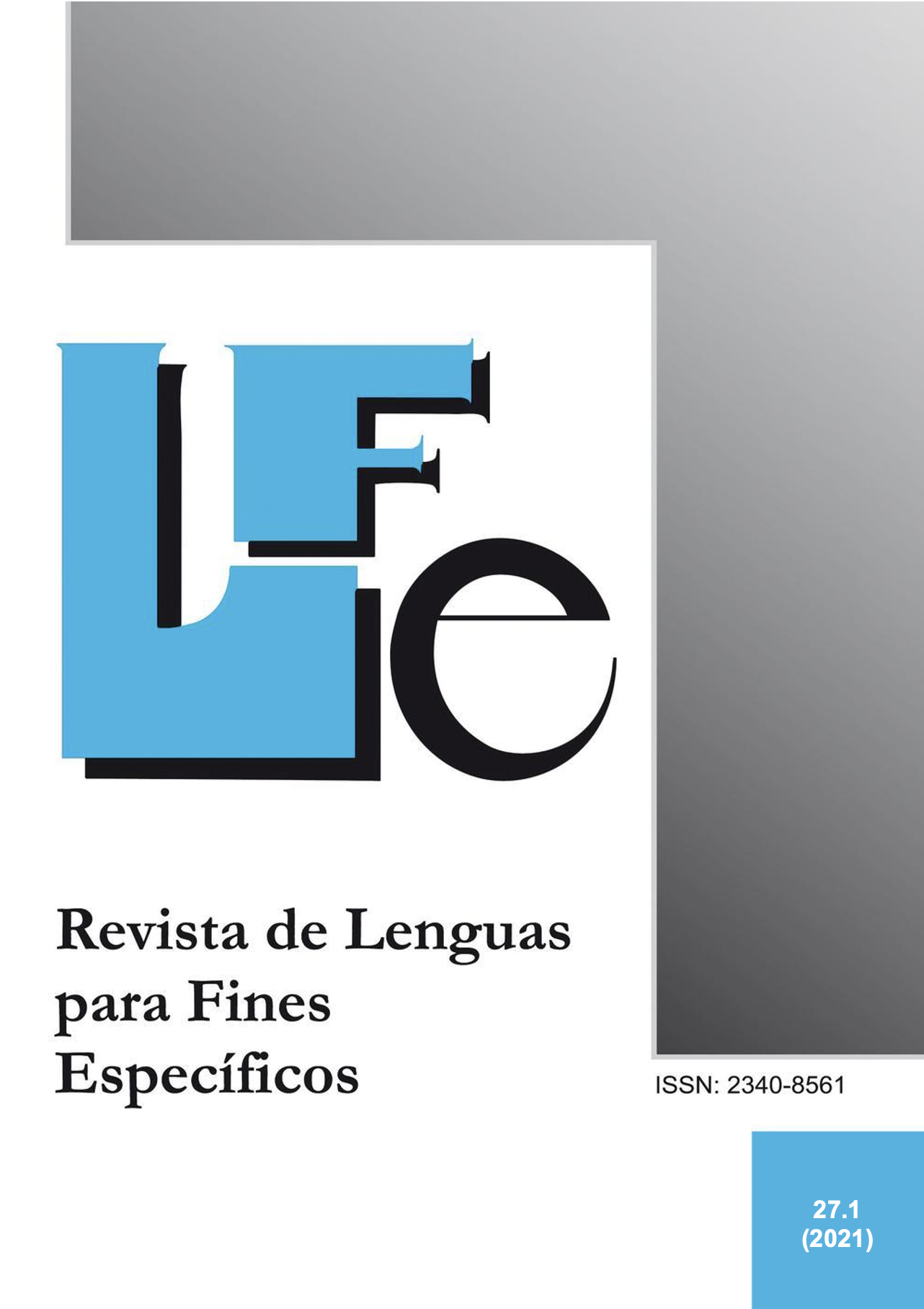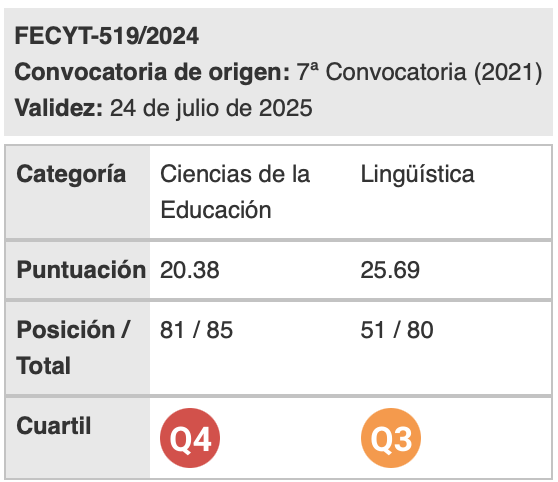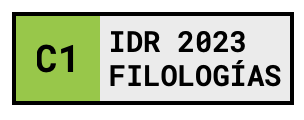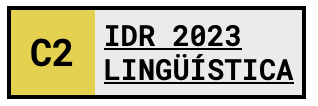DaFT certificate as part of a MOOC German for Tourism
Keywords:
Project, DaFT test, test development, DaFT MOOCAbstract
DaFT (German as a foreign language for tourism) is taught in formal or academic vocational contexts and thus primarily serves to deal with and coordinate professional processes and actions on the part of the employees, depending on their operational function in tourism. The goal of the DaFT lesson is ultimately the promotion of a cross-language professional ability to act and a job-related communicative competence as register competence in international or intercultural contexts or contexts. In this respect, DaFT is an interaction language that is intended to prepare tourism students for real interaction situations in their professional lives with speakers from different cultures (of German). For this reason, we assume that receptive skills such as listening comprehension and especially oral speech production should be the main focus of the DaFT lessons. The online basic course (MOOC) German for Tourism at the University of the Balearic Islands originated in this teaching and learning context and aims to help tourism students and the autonomous German learners who are active in the tourism sector to develop and review them Skills to help. The development of a DaFT test project based on these skills and language skills required in the MOOC is now the focus of our research project. Aspects of its testing will be the core of our contribution.
Downloads
References
Bosch-Roig, G. (2013a). Wortschatzvermittlung durch concept mappings zur Förderung kommunikativer (Fach)Kompetenz im Daft-Unterricht. Zielsprache deutsch.Eine internationale Zeitschrift für Deutsch als Fremdsprache/Deutsch als Zweitsprache, 40(3), 3-18.
Bosch-Roig, G. (2013b). “Aufgaben- und Inhaltsorientierung als methodologisches Konzept für ein integriertes Lernen im DaFT-Unterricht auf Mallorca”. In Kiefer, K. H. & Efing, Ch., et al. (Hrsg.), Berufsfeld-Kommunikation: Deutsch, Band 7, (pp.137-148). Bern: Peter Lang.
Bosch-Roig, G. (2016). Problem Fremdsprachen: Deutsch auf Mallorca aus der Markt- und Wirtschaftsperspektive. Synergy, 12(1), 72-83.
Bosch-Roig, G. (2018). ”Fremdsprachen im Tourismus: Situation und Perspektiven in Spanien”. In Ulrich A. & Costa, M. (Hrsg.), Sociolinguistica. Ein internationales Jahrbuch für europäische Soziolinguistik 32(1), (pp.117-129). München: De Gruyter.
Curso Básico de alemán para Turismo (2020). . [30/04/2020].
Efing (2014). Berufssprache & Co.: Berufsrelevante Register in der Fremdsprache. Ein Varietätenlinguistischer Zugang zum berufsbezogenen DaF-Unterricht. Info DaF 4, 415-441.
EUROPARAT (2001). Gemeinsamer europäischer Referenzrahmen für Sprachen: Lernen, lehren, beurteilen. Berlin: Langenscheidt.
EUROSTAT (2019). Foreign language skills statistics. <44913.pdf (europa.eu) >. [20/04/2020].
Goethe Institut (Hrsg.) (2017). Gemeinsamer europäischer Referenzrahmen für Sprachen: lernen, lehren, beurteilen. Stuttgart: Klett.
Grotjahn, R. & Kleppin, K. (2015). Prüfen, Testen, Evaluieren. München: Klett-Langenscheidt.
Hantschel, H-J. et al. (2010). Start Deutsch ½ A1/A2 (telc Deutsch A1/A2). Stuttgart: Klett.
IBESTAT (2019). Flujo de Turistas (FRONTUR).
. [30/04/2021].
Klein, K. & Hohmann, S. (2018). Mit Erfolg zu telc Deutsch B1-B2 Beruf. Stuttgart: Klett.
Long, M. (2014). Second Language Acquisition and Tasked-Based Language Teaching. New York: Wiley-Blackwell.
Loumiotis, U.& Näfken, A. (2016). Mit Erfolg zum Goethe-Zertifikat A2. Stuttgart: Klett.
Downloads
Published
How to Cite
Issue
Section
License
Authors who publish with this journal agree to the following terms:
- Authors retain copyright and grant the journal right of first publication with the work simultaneously licensed under a Creative Commons Attribution License that allows others to share the work with an acknowledgement of the work's authorship and initial publication in this journal.
- Authors are able to enter into separate, additional contractual arrangements for the non-exclusive distribution of the journal's published version of the work (e.g., post it to an institutional repository or publish it in a book), with an acknowledgement of its initial publication in this journal.
- Authors are permitted and encouraged to post their work online (e.g., in institutional repositories or on their website) prior to and during the submission process, as it can lead to productive exchanges, as well as earlier and greater citation of published work (See The Effect of Open Access).

Revista de Lenguas para fines específicos is licensed under a Creative Commons Reconocimiento-NoComercial-SinObraDerivada 4.0 Internacional License.

























